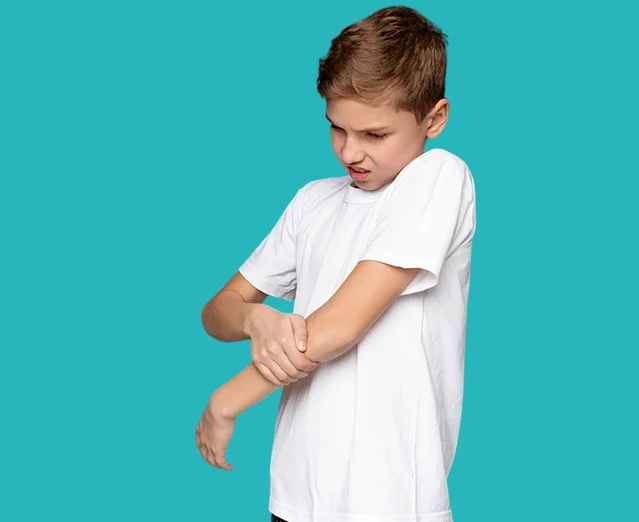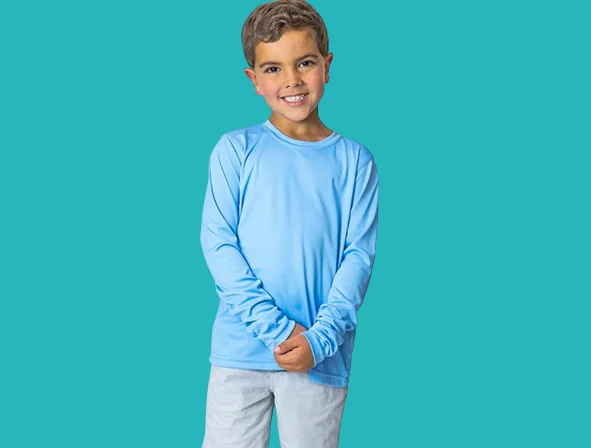Dengue fever in children is a viral disease transmitted by mosquitoes. Its symptoms resemble those of the flu, so a doctor's visit is necessary for a proper diagnosis.
It is essential for parents to be aware of the symptoms of this disease, its treatment methods, and prevention strategies to avoid complications. This is what we will discuss in this article.
What is dengue fever in children
It is a viral infection transmitted to children by mosquitoes, especially in hot climates, and causes flu-like symptoms.
Causes of dengue fever in children
The primary cause of transmission remains mosquitoes, but several factors increase the likelihood of infection, such as:
- Being near stagnant water.
- Repeated exposure to mosquito bites.
- Living in hot and tropical regions.
Symptoms of dengue fever in children

Symptoms of dengue fever in children appear 2 to 8 days after infection and include:
- Bleeding gums.
- Vomiting and nausea.
- Loss of appetite.
- Skin rash.
- Fever.
- Persistent fatigue and exhaustion.
- Muscle and joint pain.
- Headache and pain behind the eyes.
How is dengue fever diagnosed in a child
A doctor can diagnose dengue fever in children through a clinical examination and observation of the child's symptoms.
Then, some blood tests are performed, such as a complete blood count and liver function tests, to confirm the infection and determine the appropriate treatment for the child's condition.
Treatment methods for dengue fever in children
Treatment for dengue fever in children focuses on relieving symptoms, as there is no direct treatment for the virus that causes the disease. Treatments include:
- Encouraging the child to drink plenty of fluids.
- Administering fever-reducing and pain-relieving medications.
- Using intravenous fluids in cases of dehydration.
- Monitoring the child's blood pressure and platelet count.
Medications for treating dengue fever in children
Pain-relieving and fever-reducing medications are used under a doctor's supervision to avoid complications. Examples include:
- Cetyl syrup.
- Panadol syrup.
- Abimol Syrup.
What are the complications of dengue fever in children
In some cases, dengue fever in children can cause serious complications due to delayed diagnosis and treatment.
These complications may include bleeding, a decrease in platelet count, circulatory failure, and liver dysfunction.
How to prevent dengue fever in children

You can protect your child from dengue fever by following these guidelines:
- Cover water containers well.
- Give your child the dengue fever vaccine.
- Avoid stagnant water.
- Dress your child in clothing that covers their entire body.
- Use mosquito repellent in areas where your child is present.
Frequently Asked Questions
How long does a viral fever last in children
It usually lasts from 2 to 8 days in children.
What is the best treatment for dengue fever
There is no direct treatment for dengue fever, but pain relievers and good medical care can be used to alleviate the symptoms.
When should we be concerned about fever in children
If a high fever persists for more than 3 days, accompanied by persistent vomiting and severe dehydration,
What should a dengue fever patient eat and drink
It is important to drink plenty of fluids and eat easily digestible foods such as vegetables and fruits.
Article Summary
Dengue fever in children is a serious viral disease that affects children exposed to mosquito bites, especially in hot and humid regions.
Its symptoms are similar to those of the flu, necessitating a visit to the doctor to determine the appropriate treatment for the child, in addition to providing complete rest for a speedy recovery.